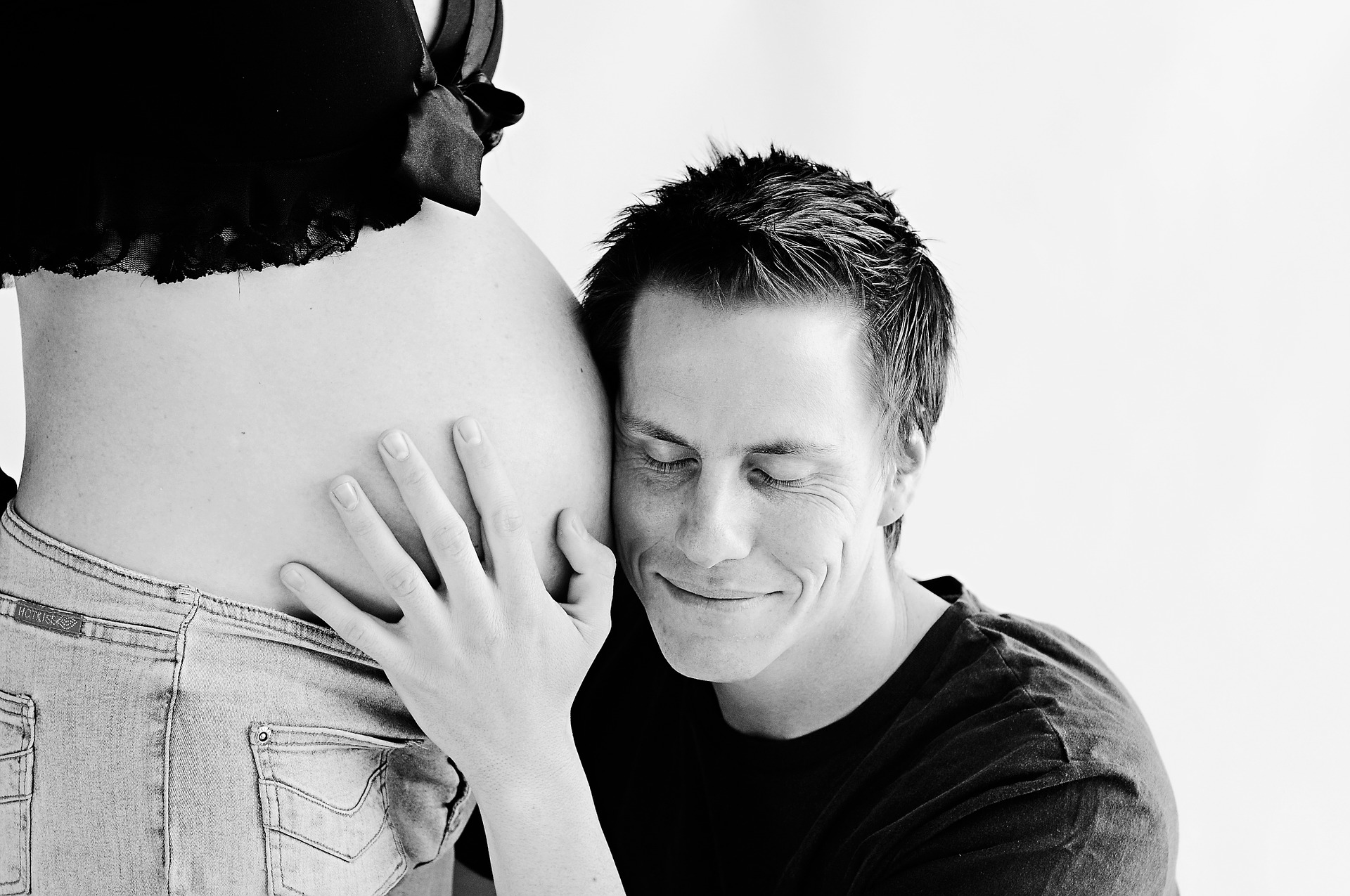As of 1 April 2017, Article 328(3) of the Belgian Civil Code explicitly provides that the recognition of a child conceived by the unmarried parent can take place at any time during the pregnancy on the basis of a medical certificate issued by a doctor or a midwife (law of 20 February 2017, Belgian official journal 22 March 2017).
Previously, it was expressly provided that the recipient of recognition could be a conceived child, without any time limit being specified. Faced with this vagueness of the law, the municipal administrations had developed practices aimed at imposing a certain waiting period before being able to proceed with such prenatal recognition. Usually this was 6 months of pregnancy, but it could vary from administration to administration, as this was only a practice and not a legal requirement.
The legislative amendment therefore resolves this issue, and no longer imposes any deadline.
It is interesting to note that according to the preparatory work of this law amending the Civil Code, prenatal recognition is justified all the more since it can be ‘a very important factor in the conceptualisation of pregnancy and filiation for parents and more particularly for the future father’, and that ‘it is a guarantee of establishment of the paternal filiation with the child in the event of accidental death of the father before the birth of the child’. This therefore prevents the mother from having to take steps to establish paternal filiation later in the event of the father’s death.
In our view, the scope of such prenatal recognition could be much wider still.
Indeed, it could, in our opinion, constitute proof of the reality and the stability of the couple in the context of a request for family reunification as a legal cohabitant, or allow the introduction of a request for family reunification. as the parent of a Belgian child as soon as the act of recognition is established.
For example, a woman could hypothetically be bearing a Belgian or European child, which would be determined by the establishment of the paternal filiation. At this point, she should already be able to submit an application for family reunification before giving birth, in order to allow her temporary residence during her pregnancy, to allow the father to be present during the birth and to allow the unborn child to be surrounded by both parents.
This solution should be favoured in order to ensure maximum protection for the child, and to be in line with the legislator’s objective. Indeed, it is neither good for the development of the child to place his or her mother in a situation of stress due to his or her illegal residence, nor to make the question of his or her residence even more delicate were the father of the child to die. It therefore makes all the more sense to allow the introduction of an application for family reunification before childbirth as it is very likely that the mother will obtain a residence permit on this basis following the birth of the child, and the Immigration Service have six months in which to make their decision. Pragmatically, this means that a temporary residence permit could be requested for the mother during her pregnancy.
The question of knowing whether or not a child by virtue of being conceived can give rise to the right to family reunification is a question intrinsically linked to the question of his or her legal personality. Although this issue is the subject of discussions and debates, both ethical and legal, it seems now generally accepted that the child by ‘virtue’ of being conceived, despite not having obligations, can be the holder of rights. The simple fact of the authorisation of prenatal recognition testifies to this, as well as the fact that he or she can benefit from donations or legacies. While these rights are obviously subordinate to the subsequent birth, the fact remains that they do exist.
For example, the court of cassation had previously accepted to take into consideration a child by virtue of being conceived when determining the amount of his or her father’s life insurance (Ruling of 10 December 1985).
It therefore appears to us, following the same logic, that there is nothing to prevent a child that is recognised before birth from being able to obtain a right to family reunification.
However, it is to be expected that this practice will not be accepted easily. Indeed, to date, there is nothing preventing a registrar from refusing to record or transcribe a recognition of paternity provided that it complies with the conditions laid down by the applicable national law (Article 62 of the code on private international law), and that it is not contrary to public order. However, people wishing to recognise a child born in Belgium are already encountering many difficulties, in the name of the fight against the ‘paper babies’ process (see previous news item on this subject). We can therefore assume that we have to face the same kind of difficulties in the event of prenatal recognition with a view to submitting an application for family reunification before the birth of a child.
It seems to us that this would apply to the respect of the fundamental rights of parents and the unborn child, the right to private and family life (Article 8 ECHR), the principle of out-of-court resolution of procedures, the facilitation of procedures relating to residence from the moment of conception and the recognition of the child’s filiation, even antenatal, provided that we have the guarantee that the same conditions will be met upon birth.
Céline Verbrouck
ALTEA Lawyer
Certified specialist in foreign nationals and private international family law
www.altea.be
Tel. +32(0)2 894 45 70


